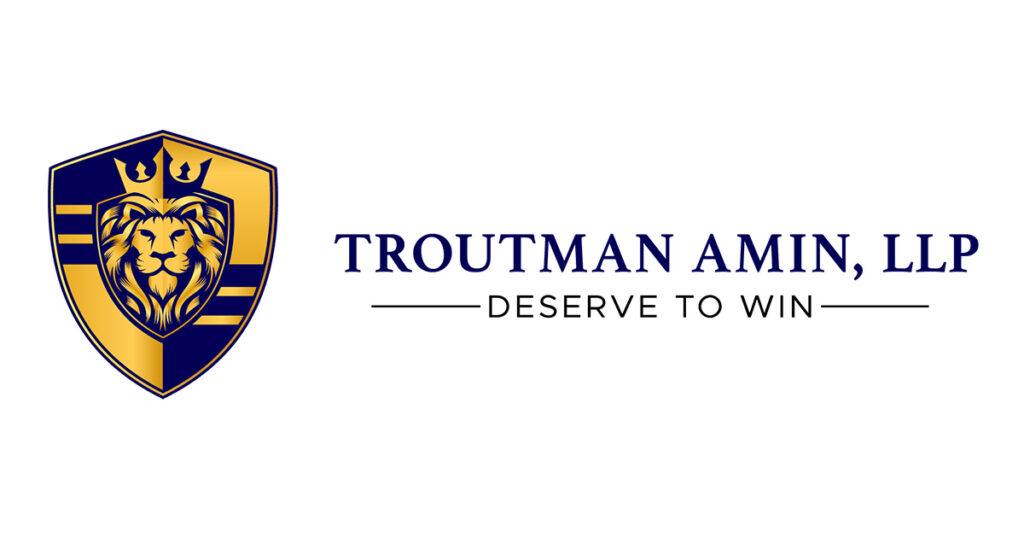
Ringless voicemails—or any kind of prerecorded call, for that matter—trigger the TCPA statute. To maintain TCPA compliance in this case, call centers must possess documented consent. Regulations and enforcement around ringless voicemail are currently in flux, with some businesses having already been fined for its use. Convoso recommends the use of smart voicemail drops which gives businesses an alternative option to use alongside compliant, consent-based dialing practices.
We aim to highlight the importance of due diligence in lead campaigns and to keep our customers and industry associates up-to-date with the compliance news reported for our industry. This article is reprinted here for our readers, courtesy of the National Law Review.
MASSIVE WIN FOR PLATFORMS: Federal Court Slaps Down FTC– Holds Ringless Voicemail Platform Provider Cannot Be Liable for TSR Violations
By Eric Troutman of Troutman Amin, LLP – TCPAWorld

Stratics Networks just landed one of the biggest wins in TCPAWorld history–and we told you it was coming.
Many of you may recall this article from last year.
In it we zoomed in on a novel new theory presented by Stratics in a battle with the FCC. The argument, is essence, is that Stratics is just an interactive computer platform that allows users to disseminate messages without regard to content. As such Stratics argued it was entitled to protection under Section 230 of the Communications Act.
Section 230, of course, is known as the “law that built the internet”–it holds operators of online message boards and content distribution services are not liable for the content of the dumb stuff people post on their websites so long as they do not create the content.
Stratics argued it was just such an interactive computer service and that, as a result, it could not face liability in a massive FTC suit alleging it transmitted thousands of ringless voicemails for its lead generation customers in violation of the TSR.
Well in United States v. Stratics Networks, Inc. 2024 WL 966380 (S.D. Cal. March 6, 2024) the court agreed and dismissed the FTC’s claims against Stratics with prejudice.
The Court determined Stratics operated much as Twitter might, allowing users to access its platform to distribute messages to others. The fact that the distribution channel was a telephone line changed nothing–when Twitter sends text message notifications those are still covered by Section 230 protection.
The issue for the FTC was that–unlike the TCPA–claims under the TSR are content based. And Section 230 protects platforms from liability based on the content of their messages. So whereas Twitter–and famously Facebook–might face liability for sending messages that violate the TCPA’s prohibitions, they cannot be liable for sending messages based on their content. And TSR violations are SOLELY content-based claims.
In light of that reality the Court dismissed the claims of the FTC against Stratics reasoning it simply cannot be held liable for the content of the messages sent by its users.
Notably the other defendants in the case were not treated so well. Atlas Marketing, a Nevada lead generation company, as well as individual Defendants Eric Petersen and Todd DiRoberto remain stuck in the case on allegations the RVMs they sent using the Stratics network violated the TSR in various respects.
The Court rejected numerous arguments from these defendants. Most basically the Court held–apparently for the first time in the nation–that ringless voicemails are “telephone calls” under the TSR. This has long been the rule under the TCPA, of course, but no court had ever expressly so found in connection with the TSR.
The Court also rejected various claims of defendant–ranging from a claim the calls were not marketing, the calls did not involve debt relief or violate provisions related to debt relief outreach, the individual defendants did not have sufficient control, etc.–that turned on evidence rather than allegations of the complaint. These claims may be raised anew later in the suit, however.
The court also determined the major questions doctrine was not implicated by the suit–whether RVM qualifies as a telephone call is just not that big of a deal in the court’s view–and the TSR was not otherwise unduly vague on the issue.
So there you go, massive massive win for Stratics and other RVM platforms. But massive loss for individual senders of ringless voicemail.
Notice the application of the suit is potentially quite broad for platforms, and may provide protection even where TCPA claims turn on the content of messages. On the other hand the expanded reach of the TSR here is bad news for lead generators and marketers who may have used RVM thinking it was outside of TSR regulation.
Will be interesting to see if the FTC takes the Stratics piece up on appeal or allows platforms to escape liability here.
Get a recap of the latest contact center compliance news delivered monthly to your inbox. Subscribe here>
DISCLAIMER: The information on this page and related links is provided for general education purposes only and is not legal advice. Convoso does not guarantee the accuracy or appropriateness of this information to your situation. You are solely responsible for using Convoso’s services in a legally compliant way and should consult your legal counsel for compliance advice. Any quotes are solely the views of the quoted person and do not necessarily reflect the views or opinions of Convoso.
